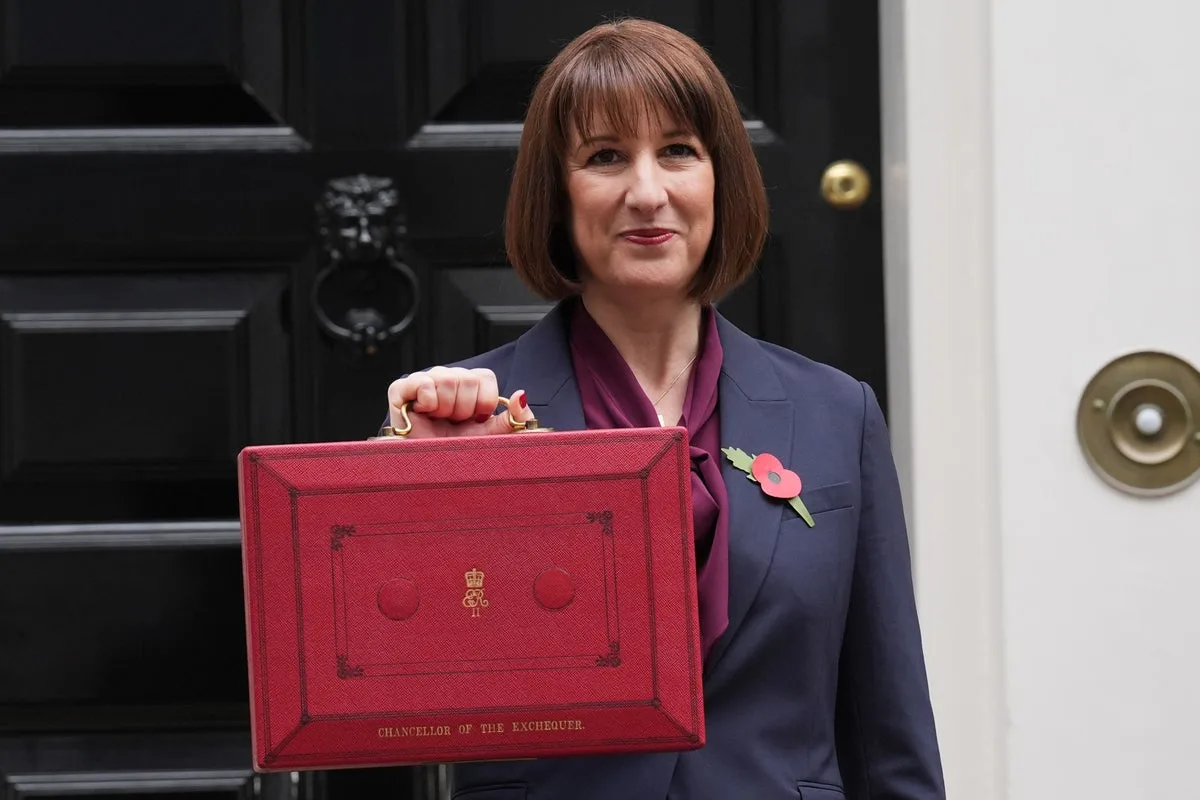
Introduction: Understanding the Reevaluation of Tax Policies
The recent announcement by UK Chancellor of the Exchequer, Rachel Reeves, regarding a new tax raid on landlords has significant implications for the property market and the rental sector. With increasing pressures on housing affordability and a government seeking to rein in tax avoidance, this initiative aims to ensure that landlords contribute fair taxes in relation to their profits. This move has sparked discussions on its potential effects on rental prices, availability, and overall market dynamics.
Main Body: The Details of the Tax Raid
As part of a broader fiscal strategy, Chancellor Reeves revealed plans to target landlords, particularly those with multiple properties. The proposed changes include tightening loopholes that have allowed some landlords to minimise their tax liabilities significantly. Recent data indicates that while buy-to-let properties generate substantial income, many landlords have been able to exploit tax relief mechanisms that contribute to a disparity in tax contributions.
In the wake of these proposed reforms, surveys conducted by property analysts have shown speculation among landlords about potential rent increases to cover additional costs. The National Residential Landlords Association (NRLA) has expressed concerns, suggesting that increased taxes may dissuade investment in new rental properties, potentially exacerbating the housing shortage.
In conjunction with the tax changes, the government also plans to increase scrutiny on landlords who have previously evaded tax through aggressive avoidance strategies. This may involve comprehensive audits and potential penalties for non-compliance, aimed at normalising tax contributions across the rental sector.
Conclusion: A Changing Landscape for Landlords
The proposed tax raid on landlords is indicative of shifting government priorities aimed at creating a more equitable housing market in the UK. As the government navigates complex economic challenges, the focus on taxing landlords reflects broader trends in fiscal policy that favour transparency and fairness in taxation.
Looking ahead, the implications of these tax reforms may lead to increased costs for tenants as landlords adjust to a heightened tax burden. Moreover, potential reductions in rental stock could heighten competition within the housing market, leading to further price increases. For landlords, adapting to these changes will be imperative, as failure to comply could result in significant financial penalties and reputational damage. Ultimately, the success of Reeves’ tax raid will hinge on its implementation and the balance between fair taxation and maintaining a robust rental market.
You may also like

The Role of Metro Systems in Modern Cities

Costa Coffee’s Commitment to Sustainability in 2023
